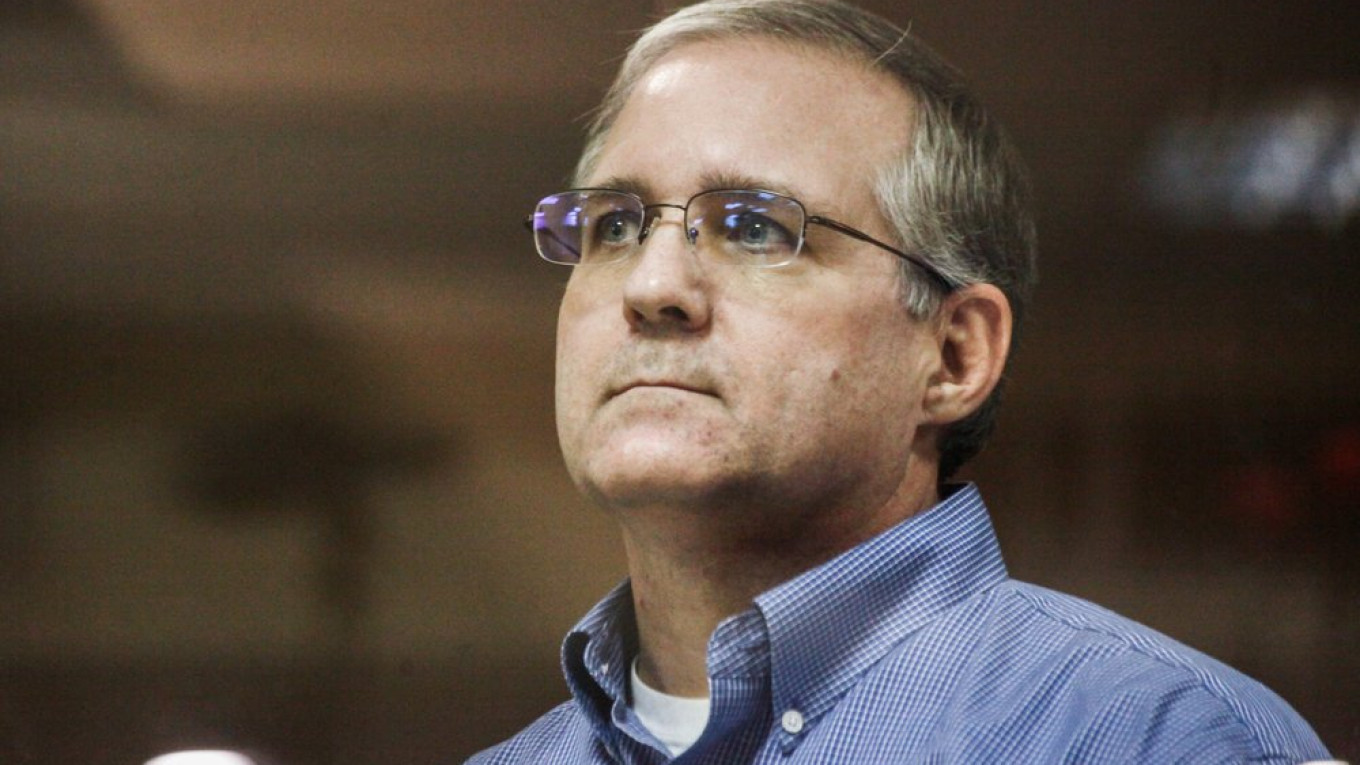
A Russian lawyer for Paul Whelan, a former U.S. Marine held in Moscow on spying charges, urged the United States and other countries on Tuesday to push for a prisoner swap with Moscow that could get his client released.
Whelan, who holds U.S., British, Canadian and Irish passports, was arrested in December and accused of espionage. Moscow says he was caught red-handed, but he denies the accusation and says he was set up.
“Paul is a citizen of four countries. None of them has asked to organize his exchange yet. Take the initiative, gentlemen!” said Whelan’s lawyer, Vladimir Zherebenkov.
Zherebenkov said he had met the four countries’ ambassadors last week and raised the possibility of Whelan being swapped, something he told reporters on Tuesday would be possible once Whelan’s trial was over.
“Let’s see what their reaction is,” he said. “The case is politicized, as you know. Anything can happen.”
Whelan’s trial has not yet begun. But the investigation is complete and defense lawyers are reviewing the case, Zherebenkov said.
Zherebenkov made his comments after a Moscow court ruled to keep Whelan in custody until Dec. 29 after rejecting his appeal to be released pending trial.
Whelan was not allowed to attend the hearing, meaning he was unable to speak out about his case as he has in the past.
Instead, he appeared by video link where he could be seen holding up a message on a piece of paper, though the words could not be made out.
Whelan has used past appearances in court to allege that he has been subjected to ill treatment and that his complaints are systematically ignored. Last month he said a prison guard had forced him to his knees and threatened him with a gun.
A court spokeswoman said she was unable to say why Whelan had not attended Tuesday’s hearing as the details of his case were closed to the public.
Whelan wanted to attend and complained that he would have difficulty hearing proceedings over a video link because of an injury he sustained while in Iraq, Zherebenkov said.
Whelan was detained by agents from Russia‘s Federal Security Service in a Moscow hotel room on Dec. 28 last year after a Russian acquaintance gave him a flash drive.
His lawyer said he had thought the flash drive contained holiday photos but it actually held classified information.
